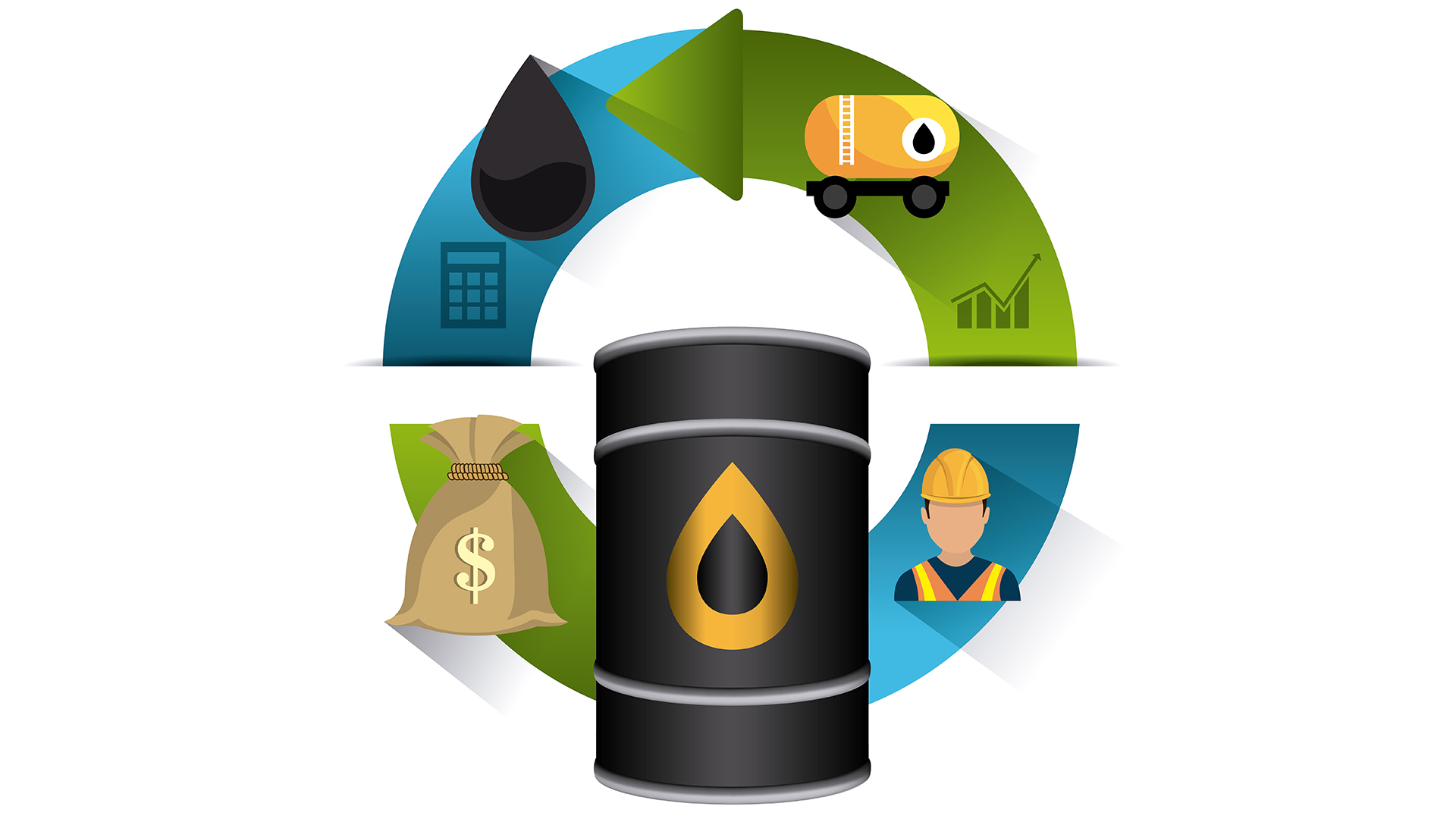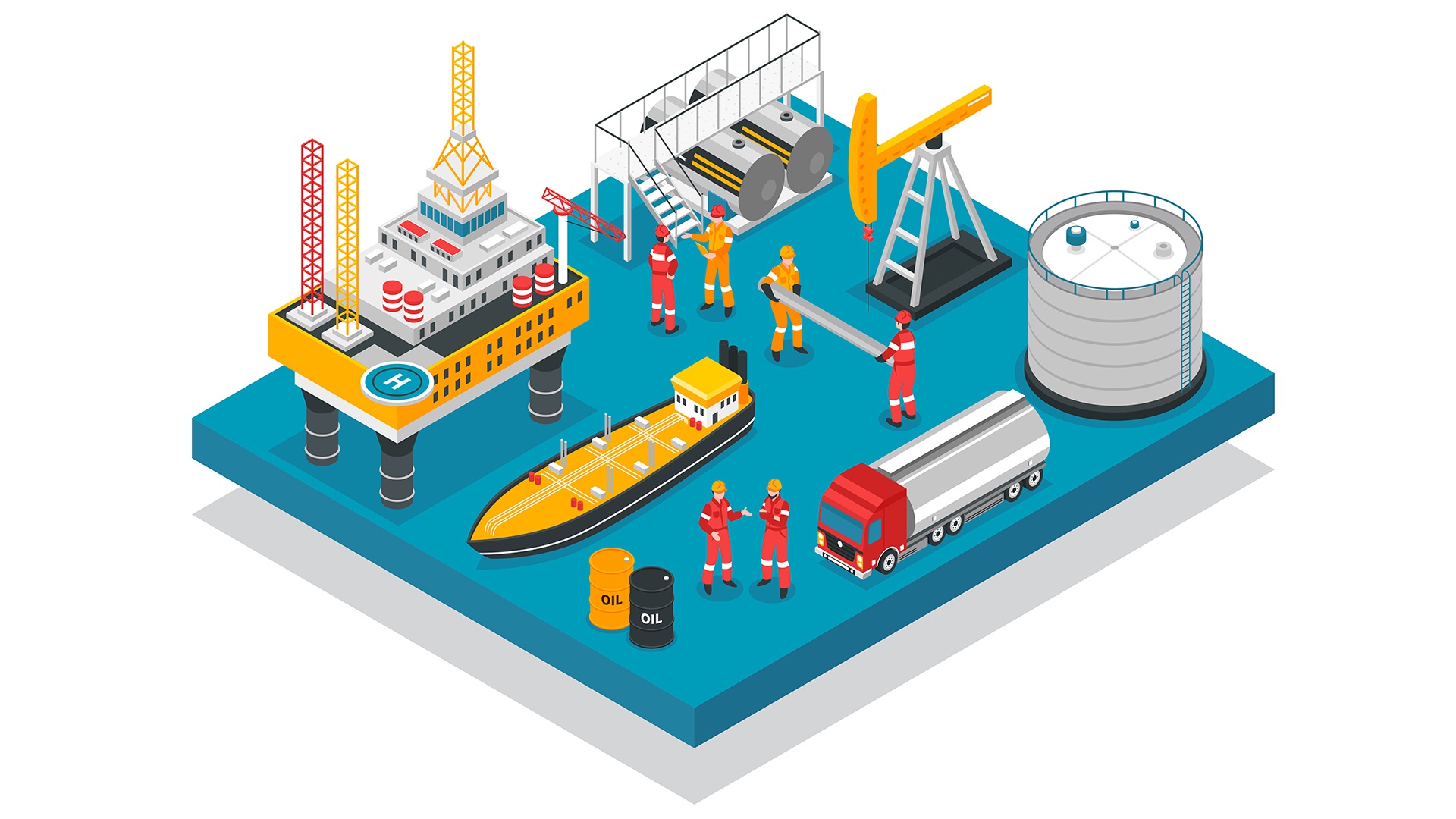
Revenue Acceleration: Maximize Your Gas Business Profits
Course overview
What is management in the oil and gas industry?
One of the most crucial courses that will enable the learners to successfully exploit one of the most common resources in the world is gas business management. Energy is being used more and more frequently across many industries, which has sped up the extraction, use, and processing of gas. It is one of the sectors that is essential to sustaining global economic growth.
Modern technology will be needed since producing, processing, and using gas energy in large numbers in industries and other facilities is extremely difficult and expensive. When compared to oil and coal, natural gas is a better fossil fuel alternative energy source. It serves as a source of sulfur and industrial hydrocarbons for petrochemical feedstock. Due to two crucial factors—the provision of a more sustainable energy source and the provision of the services required for the improvement of society that will lessen the effects of global climate change and the general environment—its popularity is anticipated to rise quickly in the future.
How can the gas market be profitable?
Due to the environmental problems caused by the use of fossil fuels like natural gas, there are many challenges associated with their use and replacement that call for a qualified manager with in-depth knowledge of the industry, including evaluation and decision-making skills, economics, and potential problems that the gas industries may face in the near future.
Introduction
The global gas business is essential to the energy landscape because it offers a flexible and comparatively clean source of energy for a variety of uses, such as transportation, industrial activities, heating, and the production of electricity. The exploration, production, transportation, and distribution of natural gas, liquefied natural gas (LNG), and other gas-related products on a global scale fall within the broad and diverse topic of international gas business management.
The course will enable participants to handle the difficulties and seize the opportunities given by the dynamic and constantly changing world of international gas business management through a combination of theoretical insights and practical applications. It seeks to equip professionals with the tools they need to contribute to the global management of gas resources in a responsible and sustainable manner.
We are The Training Bee, a global training and education firm providing services in many countries. We are specialized in capacity building and talent development solutions for individuals and organizations, with our highly customized programs and training sessions.
Learning Objectives
Upon completing International Gas Business Management, participants will be able to:
- Learn and internalize the concepts of economic evaluation benchmarking and investment determination.
- Recognize the role that gas processing plays in the pipeline leading to the production of hydrocarbons and list the main problems at gas plants.
- Determine the various techniques used in gas purification.
- Understand natural gas better, including where it is found in nature and how it is processed.
- Recognize the terminologies used in oil and gas installations.
- Recognize the fundamental ideas behind measuring gases, the most popular tools for the job, as well as all the methods employed.
- Learn about the several types of gas, including NGL, LPG, propane, ethane, and butane, and their roles in the markets.
Our Unique Training Methodology
This interactive course comprises the following training methods:
- Journaling – This consists of setting a timer and letting your thoughts flow, unedited and unscripted recording events, ideas, and thoughts over a while, related to the topic.
- Social learning – Information and expertise exchanged amongst peers via computer-based technologies and interactive conversations including Blogging, instant messaging, and forums for debate in groups.
- Project-based learning
- Mind mapping and brainstorming – A session will be carried out between participants to uncover unique ideas, thoughts, and opinions having a quality discussion.
- Interactive sessions – The course will use informative lectures to introduce key concepts and theories related to the topic.
- Presentations – Participants will be presented with multimedia tools such as videos and graphics to enhance learning. These will be delivered engagingly and interactively.
Training Medium
This International Gas Business Management training is designed in a way that it can be delivered face-to-face and virtually.
Course Duration
This training is versatile in its delivery. The training can be delivered as a full-fledged 40-hour training program or a 15- hours crash course covering 5 hours of content each day over 3 days
Pre-course Assessment
Before you enroll in this course all we wanted to know is your exact mindset and your way of thinking.
For that, we have designed this questionnaire attached below.
- Give a succinct outline of the essential elements, key players, and current developments in the global gas sector.
- Describe each phase of the supply chain for natural gas, from exploration and production to distribution and consumption.
- Describe the factors, such as supply and demand, price structures, and geopolitical issues, that affect the dynamics of global gas markets.
- Discuss the role that LNG plays in the worldwide gas market. What are the primary factors influencing LNG projects and trade, as well as the challenges?
- Describe the typical forms of gas supply and purchase agreements that are employed in the sector. How do these agreements affect the gas industry’s commercial aspects?
- Describe how laws and government policies affect the gas business. How do regulatory frameworks impact the administration of the gas industry?
Course Modules
This International Gas Business Management covers the following topics for understanding the essentials of the Agile Workplace:
Module 1 – Sources of natural gas and hydrocarbons
- Exploratory actions
- Fundamentals of the chemistry of fossil fuels
- Gas geography
Module 2 – Natural gas and the energy sector
- From the wellhead to the market, gas production
- Traditions in gas processing
- Fundamentals of natural gas
Module 3 – Sources for natural gas
- Production
- Transportation
- Development of gas fields
- Well fluids and output at the surface
Module 4 – Natural gas business logistics
- Liquefied natural gas, or LNG
- Process for rejecting nitrogen
- Tank storage
- Operating a pipeline
Module 5 – Investigation drilling
- Process and conditions of gas leasing
- Drilling activities
- Variety of wells
- Trying to find oil and gas
- What, where, and how does drilling happen?
- Production and processing of natural gas
Module 6 – Risk control and dispute avoidance
- A summary of LNG financing possibilities
- Disputes
- Managing dangers
- Essentials of LNG project finance
Module 7 – Relationships and structures in the gas sector
- Companies with and without integration
- Operating businesses and service businesses
- Gas firms in your area, internationally, and nationally
Module 8 – both legislation and regulation
- Future natural gas trends
- Regulations
Post-course Assessment
Participants need to complete an assessment post-course completion so our mentors will get to know their understanding of the course. A mentor will also have interrogative conversations with participants and provide valuable feedback.
- Describe the main variables affecting the dynamics of global gas markets.
- Discuss the role that LNG plays in the worldwide gas market.
- Consider the various gas supply and purchase agreements that were covered in the course.
- What part do laws and government policies play in the gas industry?
- Name a few of the most significant multinational businesses and organizations active in the gas industry.
- Analyze the expansion potential and investment prospects of developing gas markets.
- Think about the management of the gas industry’s environmental and sustainable components.
- What part does gas play in the global energy transition? How is the gas sector preparing for the transition to cleaner energy sources?
Lessons Learned
Gas sector Dynamics: Participants have developed a thorough awareness of the complexity, major actors, and interactions of numerous market forces in the global gas sector. They’ve discovered that success depends on keeping up with changes in the world’s industries.
The training gave learners knowledge of the complexities of the gas supply chain, from exploration and production to distribution and consumption. Gas Supply Chain Mastery. They now understand how crucial it is to effectively manage each stage.
Participants now have a better understanding of how to negotiate the challenging and aggressive international gas markets. They are aware that market variables, such as supply and demand, price structures, and geopolitical events, have an impact on company decisions.
Expertise in LNG: It has been made clear how important liquefied natural gas (LNG) is to the world gas market. Participants are increasingly aware of the challenges and possibilities related to LNG projects and trade.
Competency in Contracts: Participants have gained knowledge of the various gas supply and purchase agreements and their practical applications. They are now capable of successfully negotiating and managing contracts.
Regulatory Awareness: It is generally known how regulations and government policies affect the gas industry. Participants comprehend the significance of compliance and how laws might influence business tactics.







